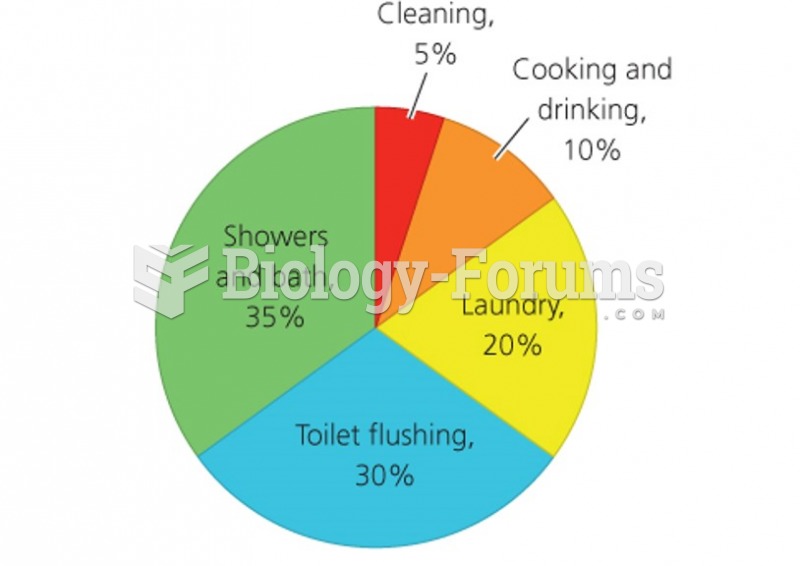|
|
|
Looking at the sun may not only cause headache and distort your vision temporarily, but it can also cause permanent eye damage. Any exposure to sunlight adds to the cumulative effects of ultraviolet (UV) radiation on your eyes. UV exposure has been linked to eye disorders such as macular degeneration, solar retinitis, and corneal dystrophies.
Alcohol acts as a diuretic. Eight ounces of water is needed to metabolize just 1 ounce of alcohol.
The familiar sounds of your heart are made by the heart's valves as they open and close.
According to the Migraine Research Foundation, migraines are the third most prevalent illness in the world. Women are most affected (18%), followed by children of both sexes (10%), and men (6%).
It is widely believed that giving a daily oral dose of aspirin to heart attack patients improves their chances of survival because the aspirin blocks the formation of new blood clots.
 Male individuals of the banded Uromastyx, Uromastyx flavofasciata, are different colours. Most natur
Male individuals of the banded Uromastyx, Uromastyx flavofasciata, are different colours. Most natur
 Competition can be (a) direct, or (b) indirect interaction among individuals of the same or differen
Competition can be (a) direct, or (b) indirect interaction among individuals of the same or differen





